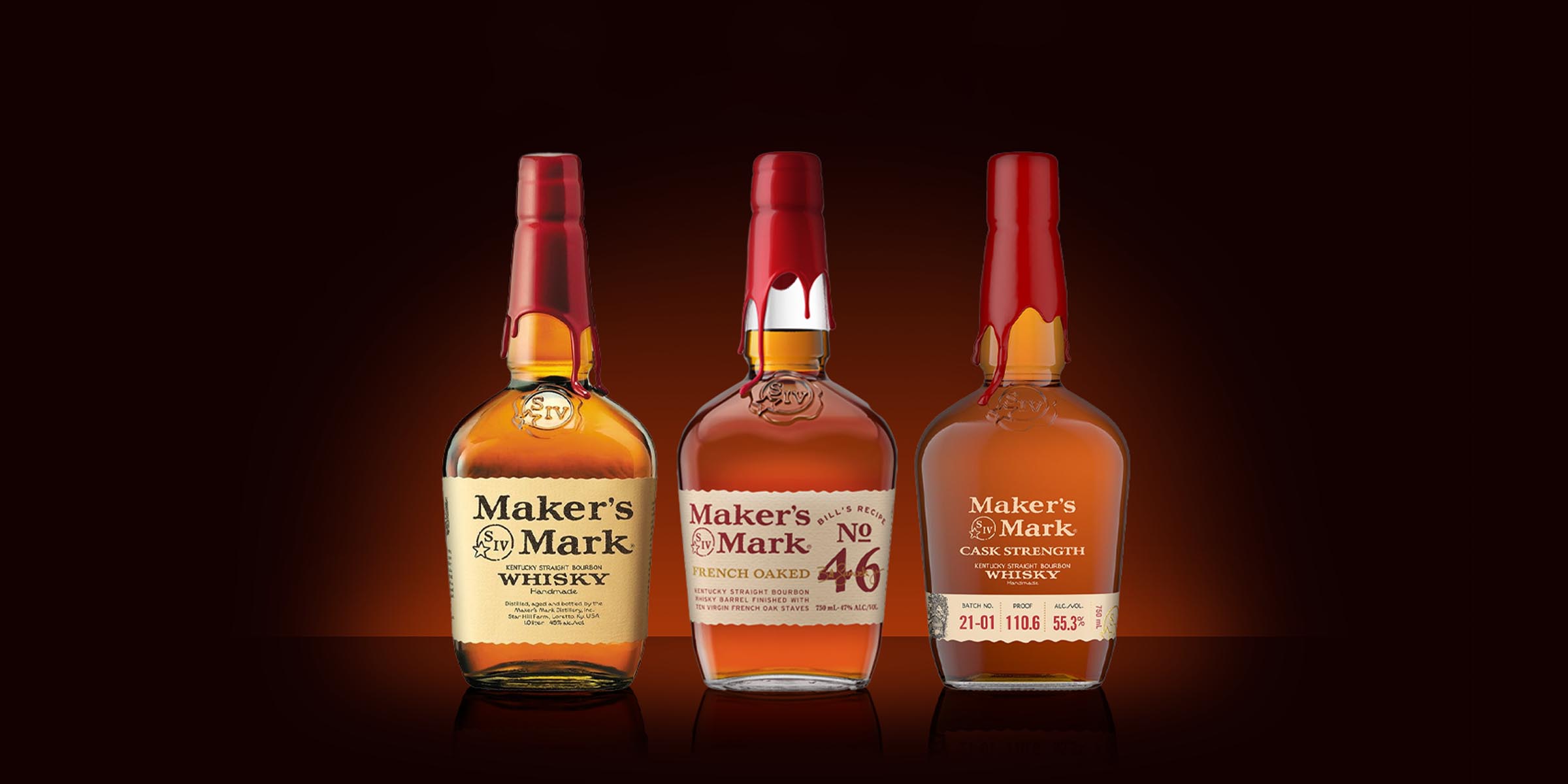Brand loyalty can be very sensitive to product changes like the time when Marker’s Mark learned that changes can backfire when not done properly.

The Announcement
Maker’s Mark, the American bourbon, announced last week that they were going to lower the alcohol content from 45% ABV (90 proof) down to 42% ABV (84 proof). They claimed that the demand for their products had increased. For them to be able to continue to produce at an efficient pace, they must reduce the amount of alcohol. Maker’s Mark’s decision to reduce the alcohol content in their bourbon created a huge social media backlash from their loyal customers. This caused them to gain a lot of attention and publicity.
It would appear that Maker’s Mark did not do their research before announcing its decision to reduce its alcohol content. They probably never imagined that so many people would be so concerned with just three percentage points of alcohol in their bourbon, or did they? Brand loyalty can be hard and very expensive to gauge. Whether inadvertently or not, Maker’s Mark seems to have tested their brand loyalty through their announcement.
The Reaction
Almost immediately after their announcement tweets and Facebook comments came pouring in from customers all over the world. They all opposed their suggested reduction. Before their latest announcement surely most of their customers bought Maker’s Mark bourbon without much thought of its alcohol content. Then their announcement came; suddenly thousands and thousands of their customers and non-customers were talking all about Maker’s Mark’s alcohol content and marketing decisions. It was talked about all over the news media and the Internet; the publicity their decision received was astounding.
The Reversal
With all the mass amounts of publicity came criticism from thousands of people. The loyal customers were out and speaking loudly. This could have been a complete suicide for the brand. Maker’s Mark responded very wisely and in such a way that they gained even more publicity. A few days later they wrote an announcement on Facebook. They told their fans they had decided to reverse their decision due to the overwhelming response of their customers. The name of the letter: “You Spoke. We Listened.” Their fans were excited. They felt their favorite brand of bourbon heard them and based their decisions on their wants.
Before the reversal letter, none of the posts on Facebook reached 10,000 likes. Most posts were within the 1,500-5,000 range. The letter so far has received over 27,000 likes, just within three days. Maker’s Mark quickly realized that loyalty to their brand greatly depended on their consistency in delivering the same product. It is not often that a company can incite such a reaction from their client base by making a minor change in their product.
The Effect On Brand Loyalty
Interestingly, it appears that Maker’s Mark has gained more brand loyalty than it might have had before. They took this as an opportunity to tell their customers that they do listen to them. This is smart because it has been proven again and again that people love to be heard. Their current social media campaign accentuates this.
They posted a close-up photo of the bottle’s label. The image showed the original alcohol proof and captioned it, “You Spoke. We Listened. Here’s Proof.” They received over 2,400 likes, 210 shares, and 235 comments (many are responses by Maker’s Mark). Many of the comments left by individuals were letting Makers know how relieved and thankful for reversing their decision. Maker’s Mark responded to many of the comments by thanking people for their loyalty and support. One comment Maker’s left said, “We did hear you! The overwhelming response we received made us realize how passionate so many people are about this brand.”
Skepticism
There are also some comments of people expressing skepticism about whether this was a publicity stunt by Maker’s, but still, they did not seem to care. One man left a comment saying, “Not entirely convinced this wasn’t a stunt, but I don’t care. Thank you for doing the right thing.” Maker’s Mark denies that this was a stunt but rather it is what they thought was the best decision for the company. Whether it was a stunt or not, Maker’s Mark appeared to have damaged their brand loyalty. Then redeemed and increased it by a simple reversal of their decision. If Maker’s did not know where they stood on brand loyalty a week ago, they know now.
Samuels, Rob, and Bill Samuels, Jr. “You Spoke. We Listened.” Maker’s Mark Facebook Page. Maker’s Mark, 17 Feb. 2013. Web. 19 Feb. 2013.